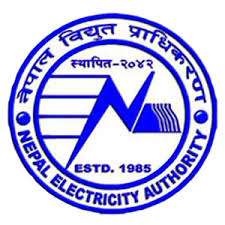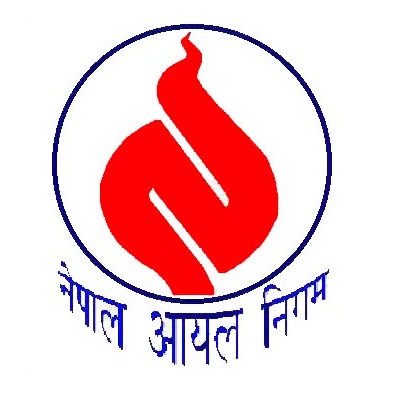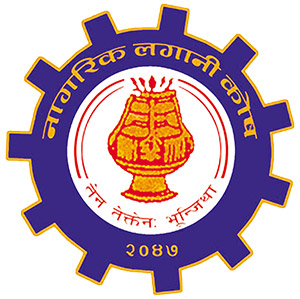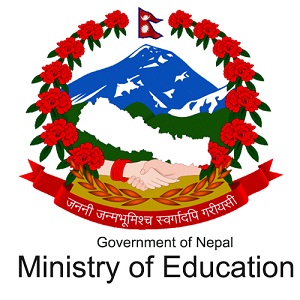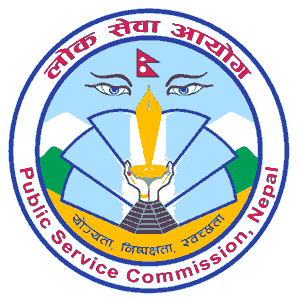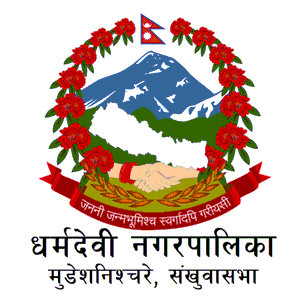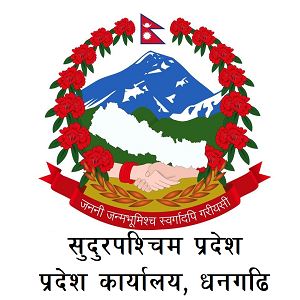Overview
Services Offered by the National Information Commission (NIC - Rastriya Schana Aayog) of Nepal
The National Information Commission (NIC - Rastriya Suchana Aayog) of Nepal, established in 2008 under the Right to Information Act, is an institution in enforcing transparency and accountability in government operations. Located in Tribupureshwor, Kathmandu, this autonomous body is tasked with empowering citizens by ensuring their right to access public information. Comprising a Chief Information Commissioner and two Information Commissioners, the NIC not only facilitates the flow of information from public bodies to the populace but also addresses complaints, oversees compliance with the Act, and issues necessary directives to uphold information rights.
Its role extends to advising the government, managing records, and promoting public awareness about information access. The NIC's commitment to transparency and good governance, reflected in its diverse range of services and regulatory functions, solidifies its status as a key player in Nepal's democratic framework, advocating for informed citizenship and open governance.
1. Information Access Facilitation
- Providing a platform for citizens to exercise their right to request and receive information from public bodies.
- Ensuring public access to records, documents, and other materials of importance held by governmental and public entities.
2. Complaint Handling and Resolution
- Receiving and addressing complaints related to excessive demands for information.
- Managing appeals against decisions made by information officers or heads of offices who refuse to provide information.
3. Monitoring and Enforcement
- Supervising public bodies to ensure compliance with the Right to Information Act.
- Enforcing penalties for non-compliance, misuse of information, or failure to follow the orders of the Commission.
4. Record Management Guidance
- Instructing public bodies on how to catalog, arrange, and maintain records and documents.
- Ordering public bodies to publish certain information proactively for citizen awareness.
5. Advisory and Recommending Services
- Offering suggestions and recommendations to the Government of Nepal and other agencies on matters related to information rights and policies.
- Guiding entities in developing and implementing effective information management and dissemination practices.
6. Reporting and Analysis
- Preparing and submitting annual reports on the Commission's activities to the Legislative Parliament through the Prime Minister.
- Conducting studies and analyses to assess the state of information rights and transparency in Nepal.
7. Legal and Regulatory Services
- Reviewing and passing orders on petitions related to the classification of information.
- Providing legal interpretation and guidance on the Right to Information Act for public bodies and citizens.
8. Public Awareness and Education
- Conducting awareness programs, workshops, and seminars to educate the public and government officials about the right to information.
- Producing and distributing informational materials to promote understanding of information rights.
9. Informant Protection
- Ensuring the safety and protection of informants who disclose information in the public interest.
- Deciding on compensation and other protective measures for informants facing challenges due to their disclosures.
Through these services, the National Information Commission of Nepal plays a crucial role in promoting transparency, accountability, and good governance, thereby strengthening the democratic fabric of the nation.



